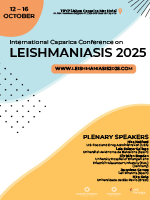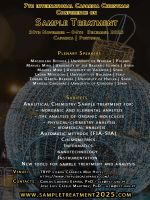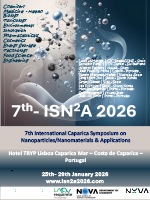Comparative immunoproteome analysis of the response of susceptible A.BY/SnJ and resistant C57BL/6 mice to Coxsackievirus B3-infection
DOI: 10.5584/jiomics.v2i2.96
Abstract
Both, innate and cell-mediated immunity contribute to prevention of chronic myocarditis and consecutively, cardiomyopathy. Thus, in resistant C57BL/6 mice myocarditis induced by Coxsackievirus B3 (CVB3)-infection is abrogated by immune-mediated mechanisms. However, susceptible A.BY/SnJ mice develop dilated cardiomyopathy (DCM) due to chronic myocarditis. Cardiac auto-antibodies have been shown to play a pivotal role in the initiation and/or progression of inflammatory DCM. In order to investigate differences in the autoimmune response of susceptible and resistant mice to infection with CVB3, the patterns of autoantibodies reacting with heart proteins in A.BY/SnJ and C57BL/6 mice were profiled by 2-D Western blot analysis during the acute and chronic phases of myocarditis up to three months, when the pathophysiological phenotype in the susceptible mice has progressed to DCM. In the early phase of infection both mouse strains displayed similar autoantibody patterns. In contrast, at later time points compared to the resistant C57BL/6 strain susceptible A.BY/SnJ mice displayed a much stronger autoimmune response against proteins associated with cell structure, protein transport as well as primary metabolic processes such as energy production. During chronic myocarditis strong antibody responses against myosin heavy chain 6, mitochondrial and heat shock proteins were observed in A.BY/SnJ mice. Antibodies directed against alpha-enolase, serotransferrin, radixin and two processed myosin protein species accumulated late and only in A.BY/SnJ mice suffering from inflammatory DCM. Functional assignment of the target proteins of cardiac autoantibodies indicates that these might be directly involved in cardiac dysfunction.









